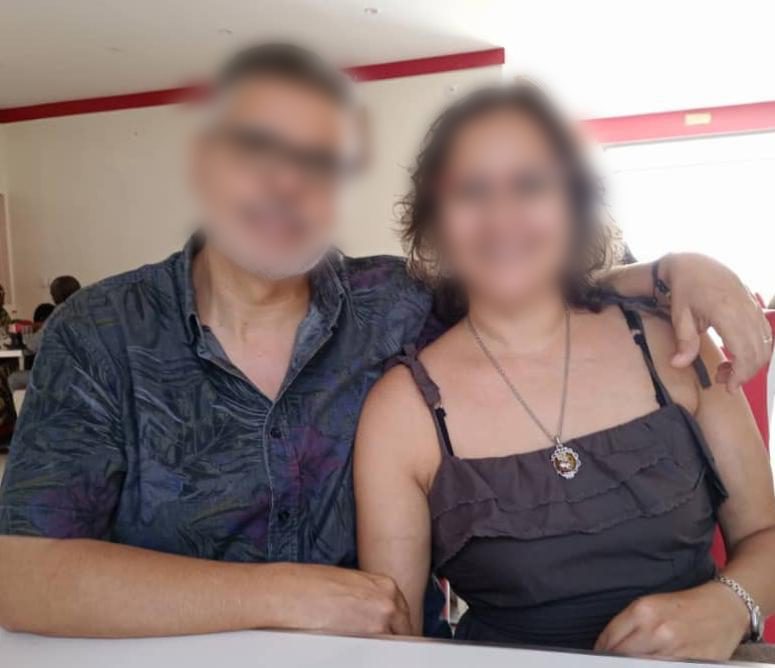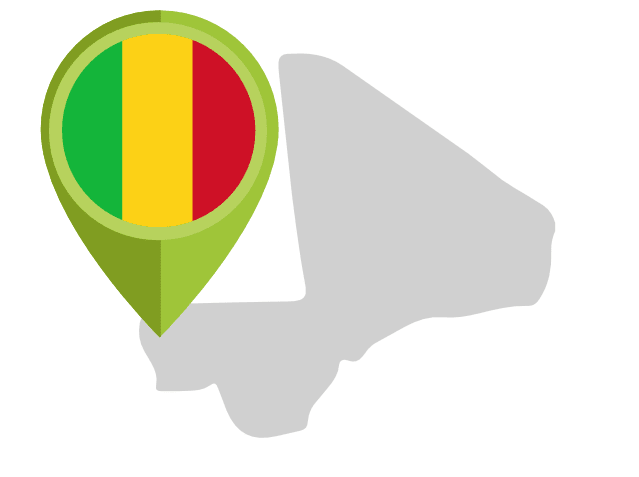The Ghana Empire (for which Ghana is named), the Mali Empire (for which Mali is named), and the Songhai Empire were once part of three West African empires that controlled trans-Saharan trade. The Mali Empire spanned an area roughly twice the size of modern-day France and stretched all the way to Africa’s west coast at its apex in 1300. During the Scramble for Africa in the late 1800s, France acquired control of Mali and annexed it to French Sudan. In 1959, French Sudan (then known as the Sudanese Republic) merged with Senegal to form the Mali Federation, which gained independence in 1960.
Following Senegal’s resignation from the federation, the Sudanese Republic declared independence as the Republic of Mali shortly after. A coup in 1991 resulted in the creation of a new constitution and the foundation of Mali as a democratic, multi-party state after a lengthy period of one-party control.
Mali’s population is made up of people from several sub-Saharan ethnic groupings. With 36.5 percent of the population, the Bambara are by far the most populous ethnic group.
Slave descendants account for an estimated 800,000 persons in Mali. [Slavery has existed in Mali for generations.]
Slavery was practiced by the Arabic population until it was banned by French authorities in the mid-century. There are still some generational slavery linkages, and some estimates say that 200,000 Malians are still slaves today.
The Arma people (1 percent of Mali’s population) are mixed European/African descendants of Muslims of Spanish descent, as well as some French, Irish, Italian, and Portuguese ancestors.



